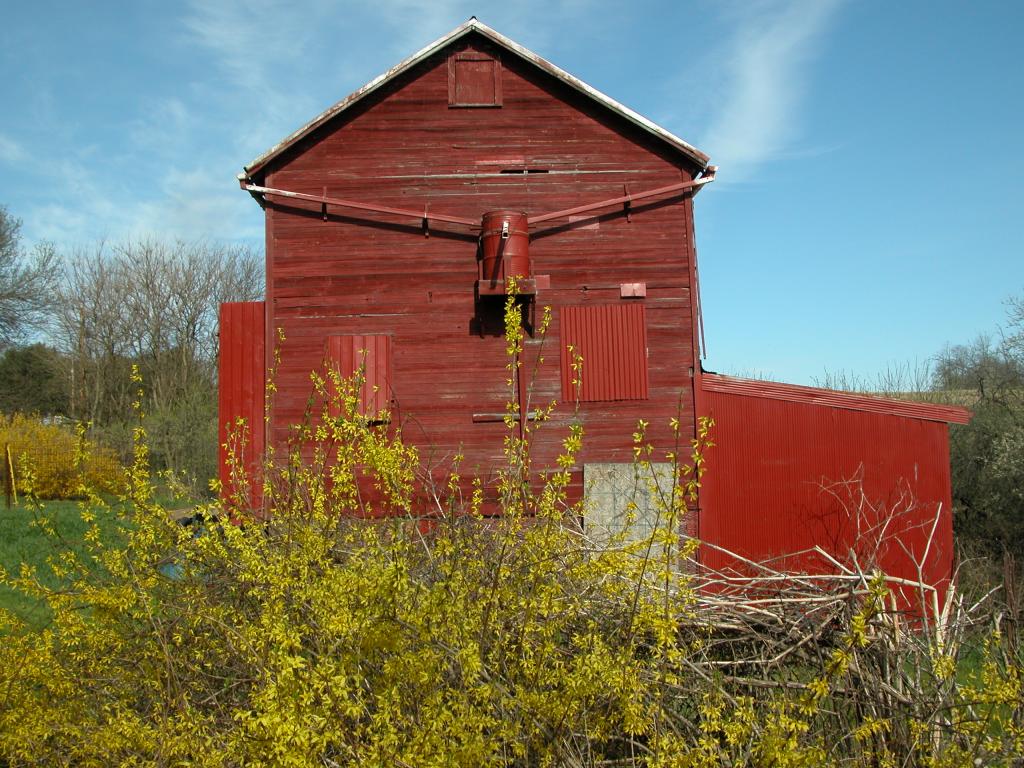Last year we made the possibly erroneous decision to adopt a feral hen into our flock. This hen was an escape artist on par with Houdini, so keeping her in the pen was a lost cause. She was bred several times by our big rooster, Drogon, and hid her eggs until they hatched, so we ended up with over a dozen semi-feral chicks. Over time we tamed them and incorporated the hens into the flock, but the little roosters grew up to be big roosters, some of them friendly, others less so. Some of the roosters established a workable pecking order – little bantam Caspian at the top of the order, big black Drogon as the flock protector, and giant golden Ra as the friendly mediator.
But some of the others couldn’t settle down or stay in the pen. Drogon’s two sons Tim and Jim turned against each other and began fighting, and in an avian recapitulation of the tragedy of King David, ended up killing each other before we could separate them. They literally killed each other. In a way, this was a necessity for the stability of the flock, but it was also rather horrible to find them bloodied and mutilated. They had been beautiful, and happy in their lordly freedom.
“Nature is red in tooth and claw” – this phrase was in use before Tennyson borrowed it, and before Darwin published his theories. And when you live side by side with nature you see often how true it is. There’s a tendency to romanticize or fetishize nature from a polite distance: we anthropomorphize animals in cute films, or elevate nature as a moral paradigm, ignoring G.E. Moore’s recommendations that we do otherwise. Appeals to “nature” are used to defend anything from heterosexual marriage to organic vegetables to carnivorous gastronomy. And when nature involves behavior with which we feel uncomfortable, we shut our eyes and look the other way.
Usage of the term is muddled, anyway, as “nature” could refer to interconnecting eco-systems, or to the realm of the laws of material science, or to nature as an “essence of a thing itself.” Is human nature governing natural appetites? Are natural appetites good or bad?
Sometimes nature is held up as a standard of perfection, and yet “behaving like animals” is generally regarded as a bad thing. Herodotus reported with surprise the habits of the Auseans, who all had sex en masse, “like cattle.” The man who asserts that it is natural for males to rule probably would not like to enter the agons of many male animals as they vie for supremacy, and are conveniently forgetting species in which the females use males for mating and then proceed to eat them.
Nature is violent, but innocent. This is a reminder that innocence is not identical with virtue. I was amused, once, to encounter an article by a supposed Catholic personalist lamenting the promiscuity of these young people today, who behave “like animals.” If personalism is correct, we are incapable of behaving like animals; that innocence of appetite is foreign to us. Even should we decide to imitate the Auseans and have a mass orgy, it would be a mass orgy, not true herd behavior, and probably we’d tweet about it afterwards, and some would have hurt feelings because they were neglected in the orgy, and others would feel guilty, and guys would take a leaf out of the GOP handbook and start comparing phalluses, and a woman who decided to opt out might be subjected to rape or shaming. Our tendency to create a culture and a complex around everything means that behaving like animals is impossible, whether we think it’s a good idea or not.
This is the case even if the popular idea that humans are “naturally” more promiscuous is correct. Negative responses to Chris Ryan and Cacilda Jetha’s Sex at Dawn assert that no, promiscuity isn’t natural: monogamy is, according to evolutionary psychology. It seems to me that evolutionary psychology actually casts doubt on our ability to say any type of human behavior is “natural” at all, because culture and civilization invariably involve taking nature and embroidering on it, opposing it, developing it, enhancing it, subverting it. Behavioral patterns in animal communities seem to be the same wherever and whenever these animals are found, but this is not the case with humans, as any overview of anthropology will indicate.
It’s natural for two roosters to kill each other. Is it natural for two men to do so? I don’t know. I will say, however, that it is not moral for two men to do so.
Nature’s violence helps keep a kind of balance, so our human intrusion into it can be disruptive. We need to be cautious in how we disturb these natural balances, and mindful of our responsibility to enter as much as possible into nature without malign influence. Unfortunately our legacy with nature – our oil fields and coal mines and landfills, even our methods of building communities and traveling – tend to disturb natural balances without doing much to mitigate violence, since we are violent, too, only in different ways. Two roosters may kill each other out of desire for dominance, but only humans wage war.
But recognizing that death and violence are part of nature’s balance should disturb us. Is this part of what we Christians refer to as “fallen nature”? Is nature, too, even in its innocence, corrupt? Visions of redeemed nature are visions of nature without violence: “The wolf shall dwell with the lamb, and the leopard shall lie down with the young goat, and the calf and the lion and the fattened calf together; and a little child shall lead them” (Isaiah 11:6). It is tragic, in the fully correct classical sense of the term, that nature’s balance depends upon violence.
This is not a condition of nature that humans can induce by any attempts at benevolent intervention. This is only something we can pray for. In the meantime, let us try not to disturb nature’s delicate balance – but, let us also remember to be disturbed by it.












